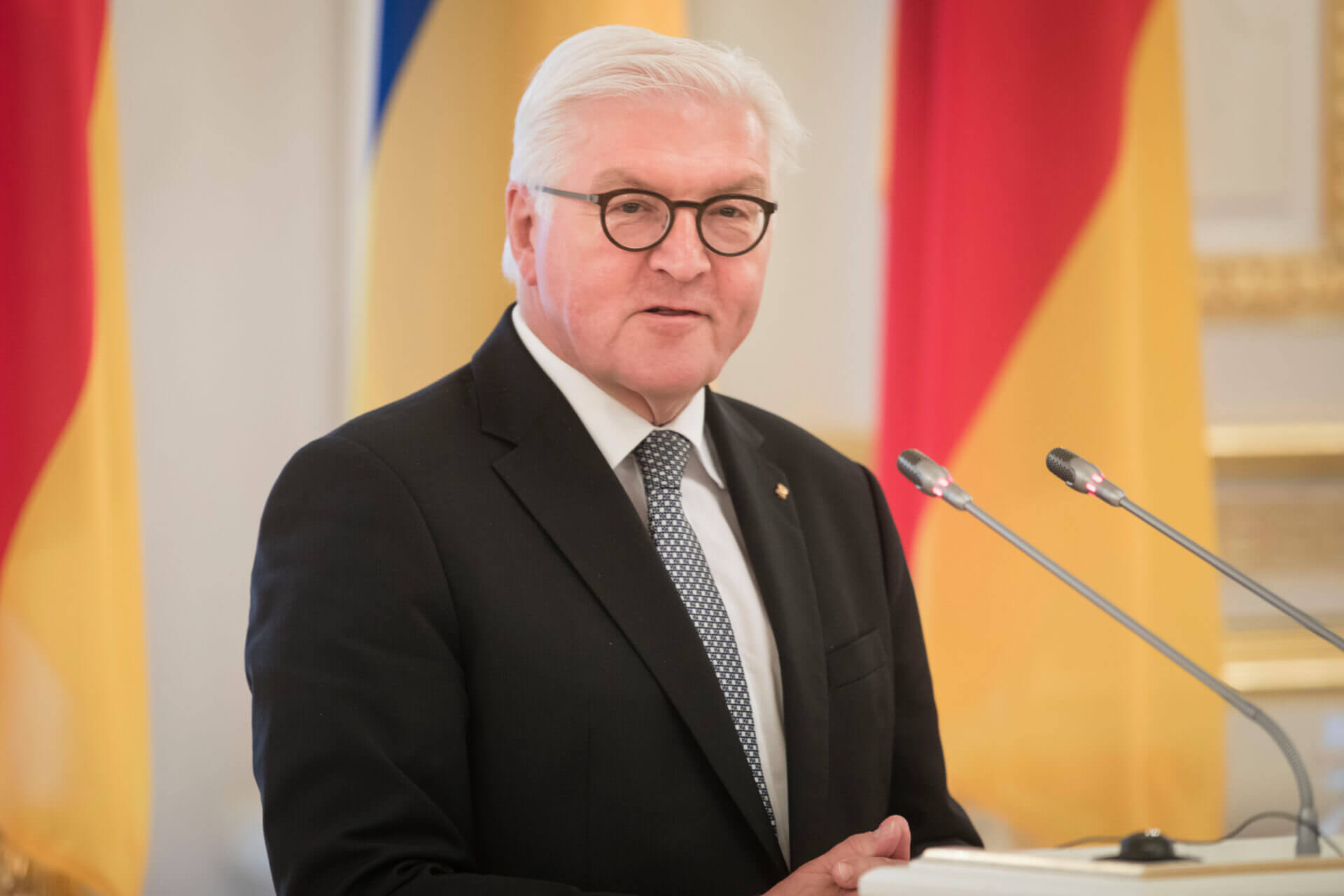Germany has dismissed the possibility of offering financial reparations to Namibia as part of its atonement for colonial atrocities committed in the country between 1904 and 1908. Berlin has insisted that it will only offer a formal apology, arguing that offering “individual compensations” after over 100 years “would be unprecedented” and that the 1948 convention on genocide “does not apply retrospectively and cannot be the basis for financial claims.”
This latest development comes amid reports that Namibia has accepted an offer by Germany that includes a formal apology by President Frank-Walter Steinmeier. Germany will also increase its aid contributions towards infrastructure, healthcare, and job training programmes in areas with high concentrations of the Herero and Nama tribes, which were almost wiped out for standing up to the Germans. Against this backdrop, German Foreign Ministry spokesperson Andrea Sasse has said, “We are in the home stretch on this issue.”
Namibia, however, has thus far refused to comment on whether the offer has been officially accepted, with the government’s special envoy on the Nama-Herero genocide, Zed Ngavirue, acknowledging that there had been “fruitful discussions,” but noting that he could not offer any more information until confirmation by President Hage Geingob and Minister of International Relations Netumbo Nandi-Ndaitwah.
Between 1904 and 1908, more than 100,000 people were killed in the former German colony. During that period, the Herero and Nama ethnic groups defied German colonialism, opposing the expropriation of their land and cattle. In response, Lothar von Trotha, who headed Germany’s military in the region, ordered a genocide on tens of thousands of people. While many were killed, others were placed in brutal concentration camps. The massacre wiped out 75% of the Herero population and roughly 50% of the Nama population. The Herero population dropped from 80,000 to roughly 15,000, while the Nama population fell from about 20,000 to 10,000.
Germany agreed to apologise for these atrocities last June. However, the nature of its apology was rejected by President Geingob, who took offence to Germany’s characterisation of the offer as “healing the wounds” rather than “reparations”, which Windhoek views as Berlin distancing itself from guilt and responsibility. Accordingly, the president demanded that the terms of the agreement be “revised.” It seems that these negotiations, which have now been going on for six years, have now reached a point of acceptability for the Namibian government.
However, the absence of financial reparations has unsurprisingly upset the tribes, who have described it as an “act of betrayal by the Namibian government,” and denounced the fact that they were not adequately consulted or involved in the negotiation process.
The Ovaherero Traditional Authority and the Nama Traditional Leaders Association have called on the United Nations and the African Union to “reject this gimmick” and “public relations coup by Germany,” which they see as a “cover-up for continued German funding of Namibian government projects under its fifth National Development Plans and Vision 2030.”
To this point, Germany has recently launched a number of projects in Namibia. Two weeks ago, it granted a loan of $129 million that will be directed towards: the development of infrastructure based on climate-friendly technologies; securing Windhoek water supply; and improving food production, income, and employment opportunities in rural communities.”
Namibian Special envoy Ngavirue, however, has dismissed these criticisms saying that while Germany’s offer doesn’t include individual compensation, the country is only seeking “reconciliation and reconstruction.” Moreover, Ngavirue has warned that Namibia must accept Germany’s offer soon, as the “window of opportunity” is closing.
This concern is generated by the fact that the far-right Alternative für Deutschland (AfD) party has gained in popularity in recent years and could gain control via Germany’s election in September. However, this concern is somewhat misplaced, as the AfD is only polling at around 11% and other parties have baulked at the possibility of entering into a coalition with them.
While the exact amount of the funds Germany will offer Namibia as part of its apology remains unclear, Namibia has previously rejected an offer of €10m ($11.7 million), suggesting that the new offer on the table is likely higher than this.
Germany Dismisses Possibility Of Financial Reparations for Namibia Genocide
This latest development comes amid reports that Namibia has accepted an offer by Germany that includes a formal apology by President Frank-Walter Steinmeier.
May 25, 2021

German President Frank-Walter Steinmeier SOURCE: OFFICE OF THE PRESIDENT OF UKRAINE
